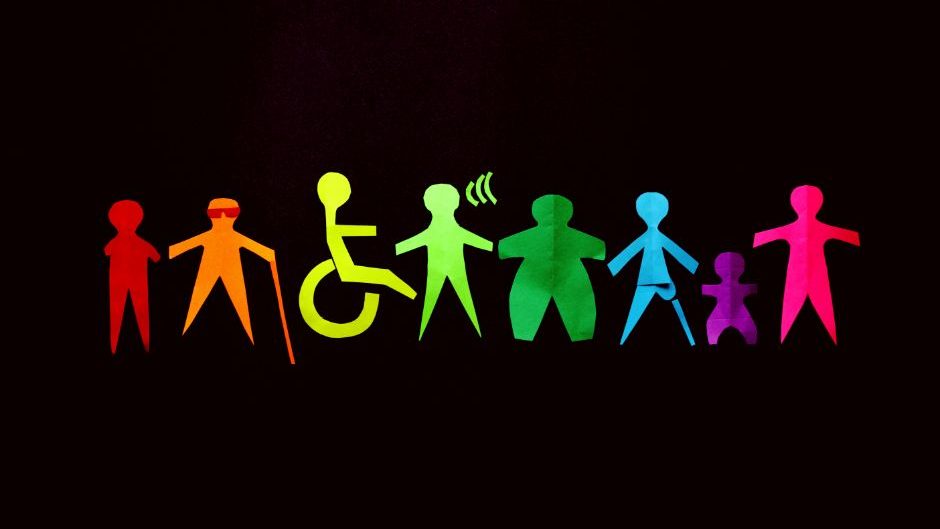Human Resources (HR) is often seen as a behind-the-scenes player in many organizations, managing administrative tasks and employee benefits. However, the role of HR is much more expansive and pivotal, acting as the backbone that supports the organization’s growth, culture, and success. Let’s explore in greater depth the importance of HR across various types of organizations.
1. Talent Acquisition and Management
Corporate Organizations
In corporate settings, HR serves as the gatekeeper of talent. HR professionals devise and execute comprehensive recruitment strategies to identify and attract top-notch candidates. They leverage various channels, including job boards, social media, and networking events, to build a robust talent pipeline. Once onboarded, HR continues to manage and nurture these talents through continuous learning and development programs, performance management systems, and career progression opportunities. They also play a crucial role in succession planning, identifying potential leaders within the organization and grooming them for future leadership roles.

Non-profit Organizations
For non-profit organizations, HR’s role in talent management is equally critical. With limited resources, it’s imperative for non-profits to hire individuals who are not only skilled but also passionate about the organization’s mission. HR professionals in non-profit settings focus on aligning organizational values with employee values to ensure a strong cultural fit. They also manage volunteer programs, coordinating with community members and stakeholders to engage volunteers effectively and leverage their skills to drive the organization’s mission forward.

2. Employee Relations and Well-being
Healthcare Organizations
The healthcare sector presents unique challenges and demands, making HR’s role even more crucial. HR professionals in healthcare organizations are responsible for ensuring compliance with healthcare regulations and labor laws, which can be complex and ever-changing. They also play a pivotal role in managing employee relations, addressing grievances, and fostering a collaborative and supportive work environment.

Given the high-stress nature of healthcare jobs, HR focuses on employee well-being, providing counseling services, mental health support, and wellness programs to help healthcare professionals manage their physical and emotional well-being.
Tech Start-ups

In the dynamic and competitive environment of tech start-ups, HR’s role is to cultivate a culture that encourages innovation, collaboration, and continuous learning. HR professionals in tech start-ups work closely with founders and senior management to develop and implement people-centric policies and practices. They focus on promoting work-life balance, offering flexible work arrangements, and creating opportunities for professional growth and development. Moreover, HR plays a crucial role in promoting diversity and inclusion, ensuring that the organization benefits from a diverse range of perspectives and experiences.
3. Organizational Development and Culture
Educational Institutions
In educational settings, HR is instrumental in shaping the future of both educators and students. HR professionals in educational institutions focus on attracting and retaining skilled educators and administrative staff who are passionate about fostering student success. They collaborate with school leaders to develop professional development programs, mentorship initiatives, and leadership training opportunities. Additionally, HR plays a pivotal role in creating a positive organizational culture that values diversity, equity, and inclusion, ensuring that all students and staff feel respected and valued.

Government Agencies
In government settings, HR’s role extends beyond traditional administrative functions to encompass workforce planning, organizational development, and policy implementation. HR professionals in government agencies manage civil service recruitment, training, and career development programs. They work closely with government officials and department heads to align HR strategies with broader organizational goals and objectives. Moreover, HR plays a crucial role in promoting accountability, transparency, and ethical conduct across all levels of government, ensuring that public services are delivered efficiently and effectively.
4. Strategic Business Partner
In today’s complex and rapidly evolving business landscape, HR professionals are increasingly viewed as strategic business partners who contribute to organizational success. They work closely with senior management to develop and implement HR strategies that align with business goals and objectives. This includes workforce planning, talent management, organizational design, and change management. By providing insights, data-driven recommendations, and actionable strategies, HR helps organizations navigate challenges, capitalize on opportunities, and drive sustainable growth.

HR professionals work closely with senior management to develop and implement HR strategies that align with business goals and objectives.
Human Resources is undeniably a cornerstone in different organizations, playing a multifaceted and pivotal role in talent acquisition, employee relations, organizational development, and strategic planning. Whether it’s a corporate powerhouse, a grassroots non-profit, a high-stakes healthcare provider, or a government agency, HR’s impact is far-reaching, influencing the organization’s culture, performance, and long-term success. As organizations continue to evolve and adapt to an increasingly complex and competitive global landscape, the importance of Human Resources in driving organizational excellence, fostering employee well-being, and shaping the future of work cannot be overstated.
Do you envision being an HR professional? Join our Masters programme in Human Resource Management and Development and kickstart your career to another level. Talk to one of our education advisor to know more about the admission process, fee structure and intake information.
